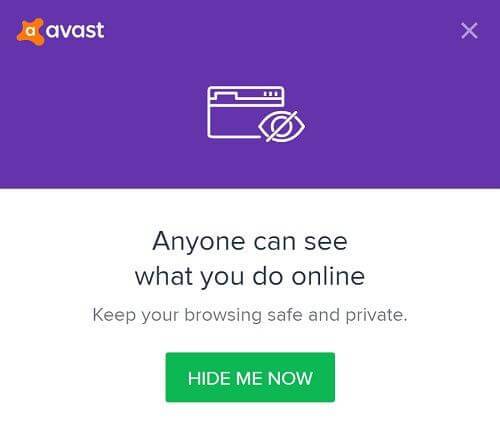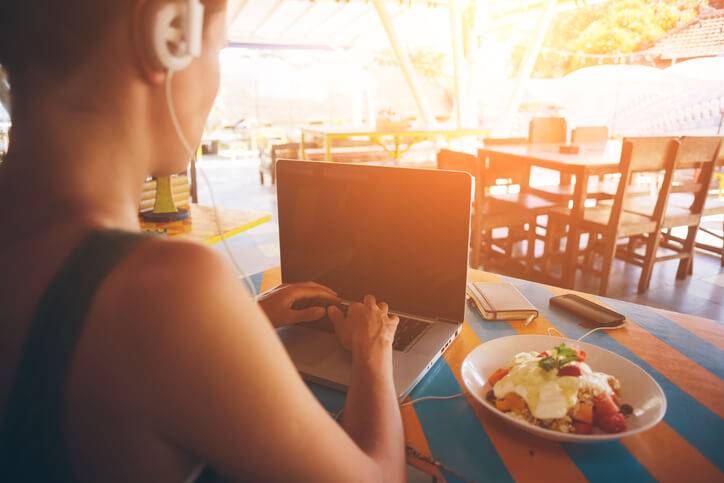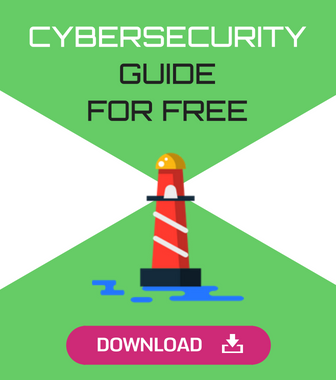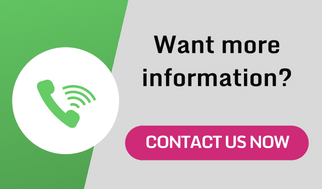It used to be that you had to be hard wired in to get an internet connection, but advances in technology now mean that you can get online pretty much anywhere. With public Wi-Fi hotspots open to use and mobile data for those times when you can’t connect, you can work on the go. For digital nomads, this is perfect.
Some people just don’t like going into an office to work. They want to be able to explore, visit new places, and not be tied down to a contract with their internet service provider. They want freedom, but this freedom can come at a price – their security. So here are the security basics digital nomads need to know.
What is a digital nomad?
Digital nomads don’t want to stay in one place to stay connected. They often work online, but do so from different places. They don’t have a set place to work, instead using open Wi-Fi hotspots and mobile data to get online. Some might use Ethernet cables to get a more consistent connection in some places.
Coffee shops, airports, shopping centres, libraries… all of these places become essentials for those who want to be as off-the-grid as you can get while still staying online. And while not having a constant internet connection can be frustrating, this is the life that many people have chosen.
The freedom means that you can travel and still work when you need to. People often go all around the world so that they can explore, but this also means that finding reliable internet connections and staying safe online is a huge problem. It is incredibly important to keep your personal data secure, especially if you are a digital nomad. So what do you need to know?
Encrypt your files
Most people feel that having a password on their computer is going to be enough to keep their files safe. After all, guessing your password is going to be a challenge, and people can’t get into your files if they don’t have access to your computer, right?
Wrong. Hackers can use open networks and public Wi-Fi hotspots to get access to your devices… and therefore your private data is not secure. They can use brute force methods to guess your password and once they are in, they can see all of your files. Photographs, documents, everything is there for them to look at.
It is for this reason that you should start thinking about encrypting your files. Encrypting your files basically means that you encode them, so that if they are discovered by someone without the cipher, it makes no sense to them. They need the cipher, which often comes in the form of a password to unlock the content.
There are so many different file encryption services out there that it is important you find the right one for you. Compare the different types to find the one that works for you. Desktop file encryption is better, as then you are taking control of securing the files yourself, rather than allowing a cloud service to do it for you.
Create secure passwords
Most of the time when you sign up to any website you will be given prompts to help you create a secure password. However, usually these prompts are pretty basic. They’ll suggest using at least 8 characters, and that a mix of upper case and lower case letters with some symbols will be enough.
Often it isn’t. You need to do more in order to create secure passwords for your log-ins and your devices. There are numerous different techniques people use in order to create secure passwords, but most people like to use a mix of symbols, numbers, and characters. This technique helps to make more secure passwords, but how do you remember it?
Many password generator sites suggest that you create a sentence from your password to help you remember it. The problem with using passwords generators is that the passwords often don’t mean anything to you, which makes them harder to remember. However, you can use them as a guide. See the mix of symbols and characters and see if you can create your own password from it.

Creating sentences is a fantastic way to help you remember your passwords, as online password generators suggest.
Be careful with public Wi-Fi
As a digital nomad you’ll be relying mostly on open hotspots and public Wi-Fi. This means that you are open to attacks from hackers, as a number of hackers will use public Wi-Fi hotspots to get into your devices. So you need to know how to stay safe on public Wi-Fi.
The first thing you need to do is make sure that the open hotspot you are trying to connect to is the right one. Hackers will set up their own networks and make them appear like ones you know and trust. For example, they might title one “coffee shop” in the hopes that you think the coffee shop you are in has free Wi-Fi.
Once you have connected to this malicious network, they have access to all of your device and data. A simple way to protect yourself is to ask for the name of the hotspot before you connect. If there is more than one, checking the correct one with the staff will save you a lot of trouble and help to keep your data safe and secure.
You will also need to disable automatic sharing of your files on any networks. If you automatically share files, hackers can then see your files and get access to them. This is definitely not what you want, so make sure it is turned off before you do anything else.
Virtual private networks
If you want to take things a step further to keep yourself protected, you should set up a virtual private network. Often shortened to VPN, these networks are able to provide you with secure access to the internet. They effectively work like a private network, but you can be absolutely anywhere in the world to use one.
Setting up your own network security is easy. However, people are often put off because it seems complicated and often costs money. But paying for a VPN is a fantastic way to help keep your data secure when you go online.
They help to keep your sensitive data protected, which is why they are so popular. Best of all, they work with private and public networks, and many stop websites from tracking you. It means that pop ups, like the one below, will become a thing of the past as no-one will be able to check in on you and watch exactly what you are doing online.

You might see warnings like this when you are online, as anyone will be able to track you and see the websites you are visiting. This is why VPNs are so important.
Get a great antivirus
One of the basic steps that everyone should do in order to protect themselves online is to get a great antivirus. There are plenty to choose from out there, with many websites offering you free antiviruses if you are on a tight budget. Perhaps one of the most popular antiviruses out there is Avast, which can detect viruses, malware, and give you notifications when malicious files are found or someone tries to get into your system.
However, it is best if you pay for your antivirus. Paying unlocks a number of other security features for you to use, so you are better protected online. But trying to figure out which will offer the most protection at the lowest price is tough, and even choosing between the top antiviruses can be difficult.
Free trials are a great way to see which antivirus works for you. You can really put them to the test to see which give you the protection you need and which are the most user-friendly. If you are a bit of a technophobe, trying out the different antiviruses will give you a chance to test which you can work with.
There are plenty of websites out there offering breakdowns of the best antivirus protection out there. PC Advisor compare the top ten so you can see just how much protection you are being offered, and which is the best value for money. It really is a good idea to shop around when it comes to your safety and security online.
Keep your belongings safe
When we think about the security basics for digital nomads, we tend to think of ways to protect your devices when you go online. You want to stop hacks and keep your data safe, but we often tend to forget that it is just as important to keep your devices safe.
The most important thing to remember is to not leave them lying around unattended. For example, if you are using the coffee shop not only to get online but also to charge your device, don’t leave them when you go to use the toilet or order another coffee. You might think that you can see your devices or won’t be gone for long, but it might still be long enough for someone to take them.
If the worst does happen and your devices are stolen, don’t fret. You can still track them. You might be able to download an app for your phone or for your desktop or laptop to help you track them, but you might not need that. In fact, there are a few ways to track your stolen devices without downloading anything. This will not only save data but also mean that the thief has no idea you know where they are. When you do know, you can then contact the authorities.
Basic security for digital nomads
Digital nomads are often free when it comes to a set location they connect from, but being constantly on the moves means that you are vulnerable to hacks and attacks, just like everyone else. This is why you need to know the security basics to keep yourself safe.
Whether you use all of the advice above to keep yourself safe or you decide to use a few of them is completely up to you. Hopefully this advice will help to protect your data and private information.
- Why you need to train your CEO before your employees - September 14, 2017
- Your computer may be a zombie! - July 25, 2017
- All You Need To Know About GDPR - July 4, 2017







Comments are closed.